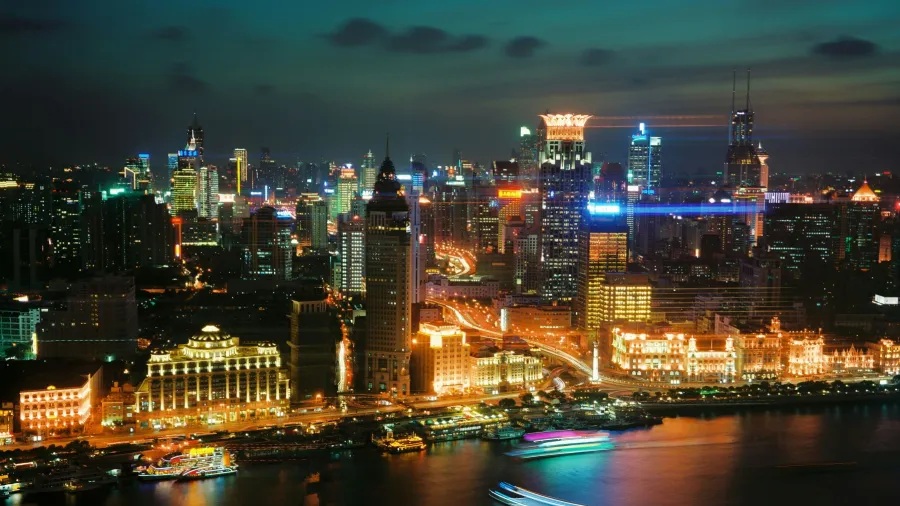
Over half of Mainland China’s luxury shoppers to increase purchases in 2025
In Hong Kong, only 48% of luxury consumers share the same sentiment.
About 56% of luxury consumers in Mainland China plan to increase their spending in 2025, according to MDRi's China Luxury Consumer Forecast 2025.
In Hong Kong, only 48% of luxury consumers share the same sentiment. The difference is largely driven by a more cautious view of Hong Kong’s economic outlook, influenced by international monetary policies and geopolitical tensions.
Economic uncertainty is particularly notable in Hong Kong, where 12% of luxury consumers intend to reduce their spending in the coming year, compared to 9% in Mainland China.
The market is expected to be fuelled by high-end jewelry, handbags, and travel, with nearly 60% of consumers planning to allocate more of their budgets to luxury travel experiences.
Hong Kong, on the other hand, is witnessing a more polarised market, where over 10% of consumers in various luxury categories plan to cut back on spending. The report also noted that 42-47% of Chinese luxury spending is expected to occur abroad.
Mainland China's luxury market saw a 7% increase in spending in 2024, with a 22% rise in Tier 2 cities. In Hong Kong, luxury spending grew by 3%, with strong growth in jewelry (64%) and handbags (66%).
The report said consumers are prioritising luxury lifestyle and experiences, with 57% of Mainland Chinese planning to increase spending on wellness, fitness, and travel.
Mainland China’s Tier 1 cities also remain key shopping destinations, but Sanya is gaining traction, whilst Hong Kong’s appeal is diminishing for Tier 1 shoppers.
Additionally, domestic brands are gaining traction, with 56% of Mainland consumers planning to buy more from Chinese luxury brands.
Sustainability is also a growing concern, with 85% of Mainland consumers prioritising it, and younger consumers embracing second-hand luxury.
Moreover, consumers are increasingly willing to pay a premium for innovative, tech-driven luxury products, with AI-powered personalisation becoming more popular, although some concerns about exclusivity remain.

















 Advertise
Advertise





